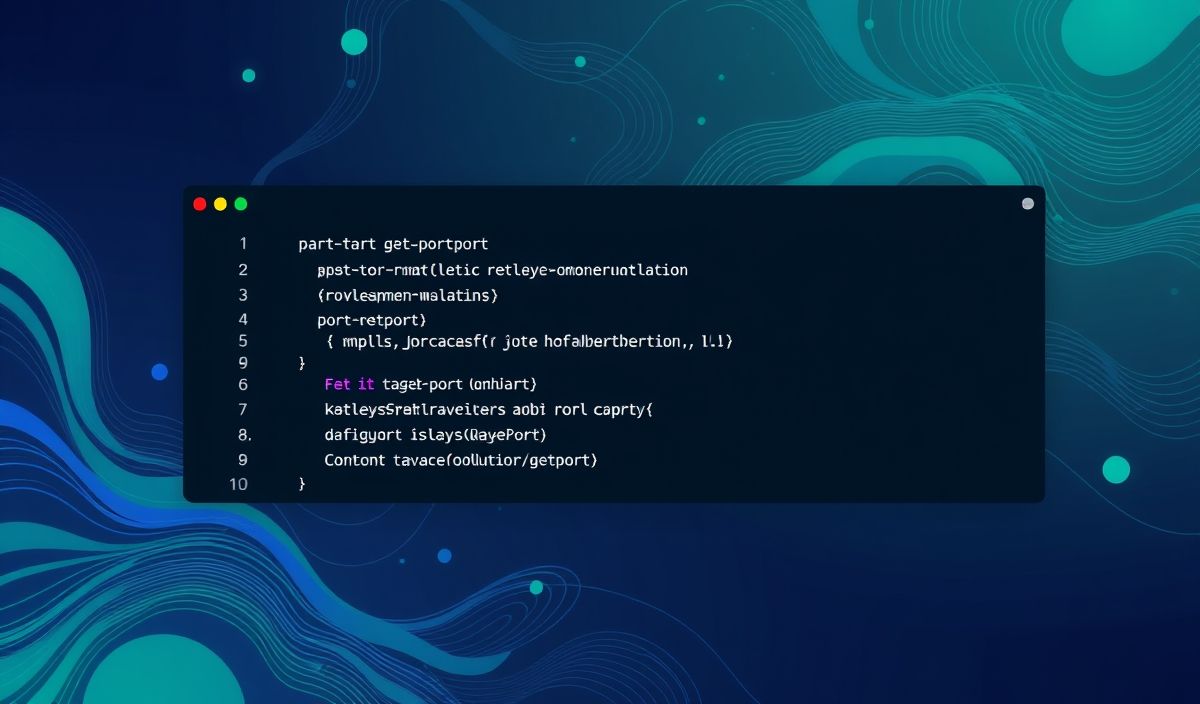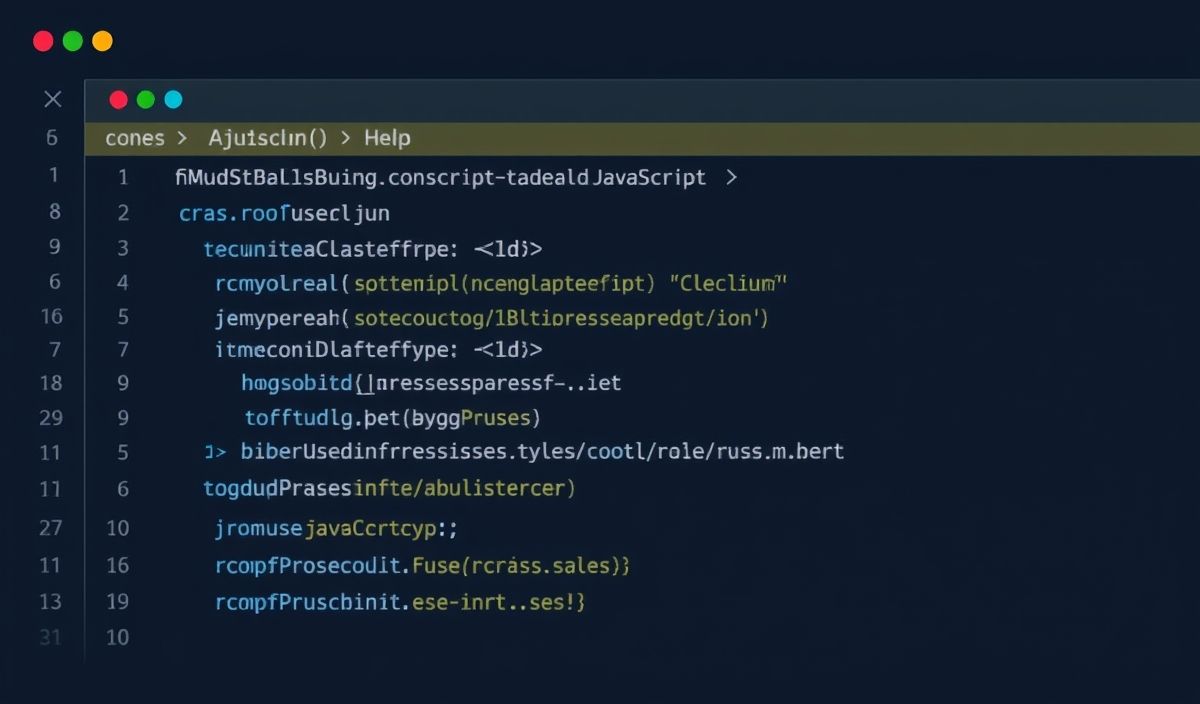Introduction to get-port
get-port is a highly useful and efficient package for discovering available ports in your Node.js applications. It helps in dynamically finding an unused port number, making the development process faster and more convenient.
Basic Usage
To get started with get-port, first, you need to install it:
npm install get-port
Then, you can use it as follows:
const getPort = require('get-port');
(async () => {
const port = await getPort();
console.log(port);
})();
Specifying a Range
You can specify the range or specific ports you want get-port to search from:
const getPort = require('get-port');
(async () => {
const port = await getPort({ port: getPort.makeRange(3000, 3100) });
console.log(port); // Will find a port between 3000 to 3100
})();
Multiple Ports
Requesting multiple ports:
const getPort = require('get-port');
(async () => {
const ports = await Promise.all([
getPort(),
getPort(),
getPort()
]);
console.log(ports); // [Port1, Port2, Port3]
})();
Setting a Specific Hostname
You can search for a port on a specific hostname:
const getPort = require('get-port');
(async () => {
const port = await getPort({ host: 'localhost' });
console.log(port);
})();
App Example
Let’s create a simple HTTP server using get-port to obtain an available port:
const http = require('http');
const getPort = require('get-port');
(async () => {
const port = await getPort();
const requestHandler = (request, response) => {
response.end('Server running on port ' + port);
};
const server = http.createServer(requestHandler);
server.listen(port, (err) => {
if (err) {
return console.log('Something bad happened', err);
}
console.log(`Server is listening on ${port}`);
});
})();
In this example, get-port finds an available port for our HTTP server, ensuring it will not conflict with other processes.
Hash: ee7efab139d35a979f74af0fd7ad8b05b964d41e5ce285e9e43d47330b9fa1c0




